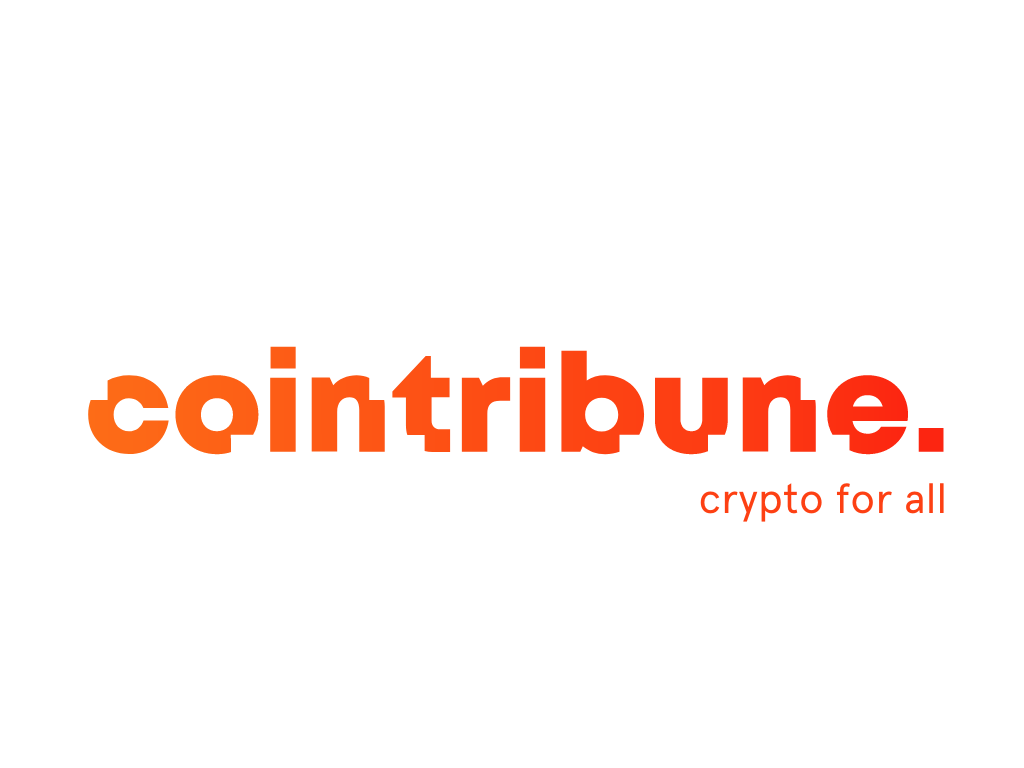Cryptocurrency Taxation: Switzerland vs. France – Where Is Investing More Profitable?
0
0
The tax regimes for cryptocurrencies in France and Switzerland present significant differences. While Switzerland is known for its favorable taxation for private investors, France applies stricter taxation with a flat tax of 30% on realized capital gains. Here is a detailed comparison of tax obligations in these two countries.

Cryptocurrencies in Switzerland: a lenient tax regime for private investors
The Switzerland is considered a tax haven for cryptocurrency investors. Capital gains from crypto trading are exempt from tax for individuals, provided they are not classified as professional traders.
What taxes apply to crypto holders in Switzerland?
- Wealth tax: Cryptos are considered taxable assets for wealth tax purposes. The rate varies from 0.1% to 1% depending on the cantons.
- Income tax: If the cryptos are obtained through mining, staking, lending, or yield farming, these earnings are subject to income tax, with rates up to 40% depending on the cantons.
- Professional traders: Those who conduct frequent transactions, use leverage, or generate a primary income from trading are taxed on their gains, with a rate that can reach 40%.
Tax advantages in Switzerland
- No capital gains tax for private investors.
- VAT exemption on crypto transactions.
- A tax regime that varies by canton, allowing for tax optimization.
The taxation of cryptos in France: strict taxation on capital gains
In France, since 2019, cryptocurrency transactions are subject to a specific tax regime. Any conversion of cryptos into euros is taxable, even if the investor does not withdraw the money from their exchange platform.
How are cryptos taxed in France?
- Flat tax of 30%: The capital gains realized by an individual are subject to a Unique Flat Tax (PFU) of 30%, which includes 12.8% tax and 17.2% social contributions.
- Declaration of foreign accounts: French citizens must declare their crypto accounts held on foreign platforms using form 3916, under penalty of a fine of €750 to €1,500 per undeclared account.
- Professional investors: Those who engage in high-frequency trading or use advanced tools may be reclassified under the regime of BNC (Non-Commercial Profits) or BIC (Industrial and Commercial Profits), subject to progressive taxation of up to 45%.
Possible exemptions in France
- Capital gains are exempt if the total sales of cryptos do not exceed €305 per year.
- Crypto-to-crypto exchanges are not taxed; only the conversion to fiat currency is.
- Option to opt for progressive taxation, beneficial for low incomes.
Comparative table: cryptocurrency taxation in Switzerland and France
| Criteria | Switzerland | France |
| Capital gains tax | 0% for private investors | 30% (flat tax) |
| Wealth tax | 0.1% – 1% depending on the canton | None |
| Income tax | 0% to 40% for staking/mining/pros | Progressive scale or 30% |
| Professional traders | Up to 40% depending on the canton | Up to 45% (BIC/BNC) |
| Taxation of crypto-to-crypto transactions | Exempt | Exempt |
| Declaration of foreign accounts | Not mandatory | Mandatory (fine up to €1,500/account) |
| Taxation of inheritances/donations | 0% to 36% depending on the canton and beneficiaries | Up to 60% depending on the beneficiaries |
| VAT on transactions | Exempt | Exempt |
Which country to choose to optimize your crypto taxation?
The choice between France and Switzerland depends on your cryptocurrency activity:
- If you are a private investor who buys and sells cryptos without intensive trading, Switzerland is clearly more advantageous, as you will not pay taxes on your capital gains.
- If you generate income from staking, mining, or yield farming, you will be taxed in Switzerland just like in France, but Switzerland offers more competitive rates depending on the canton.
- If you are a professional trader, Switzerland also taxes profits, but the taxation remains more adaptable depending on the cantons.
Regulations are evolving rapidly, and the taxation of cryptocurrencies in Europe could still change. But for now, Switzerland remains more attractive tax-wise than France for crypto investors.
0
0
 Manage all your crypto, NFT and DeFi from one place
Manage all your crypto, NFT and DeFi from one placeSecurely connect the portfolio you’re using to start.




